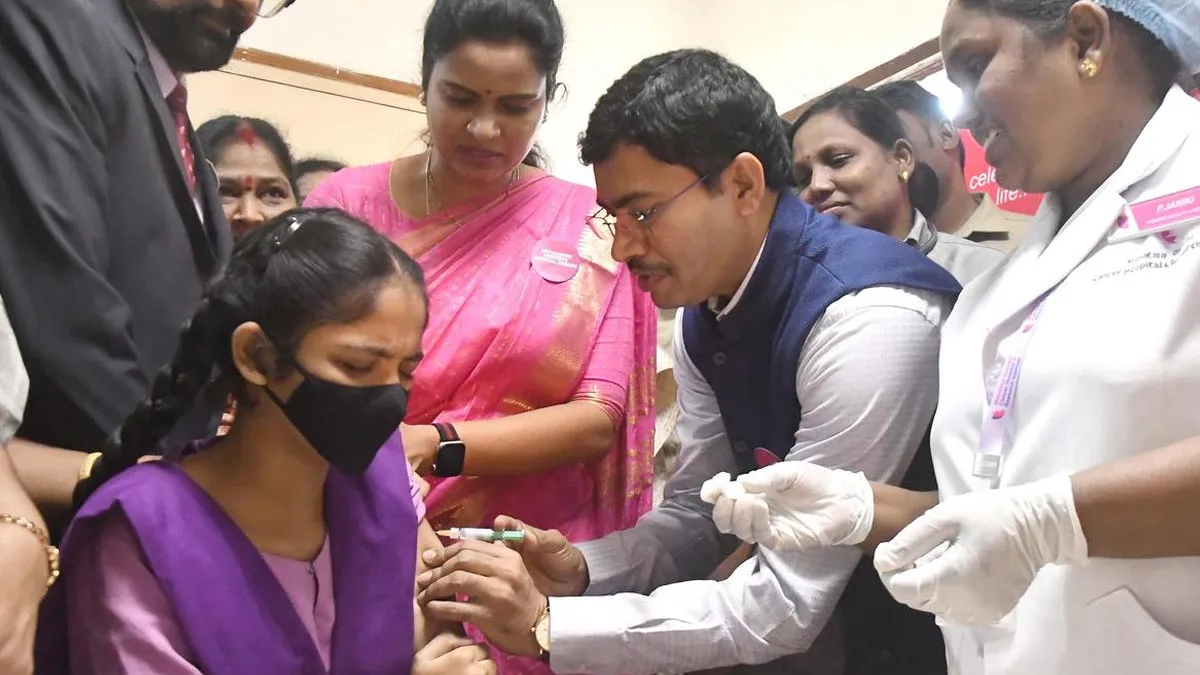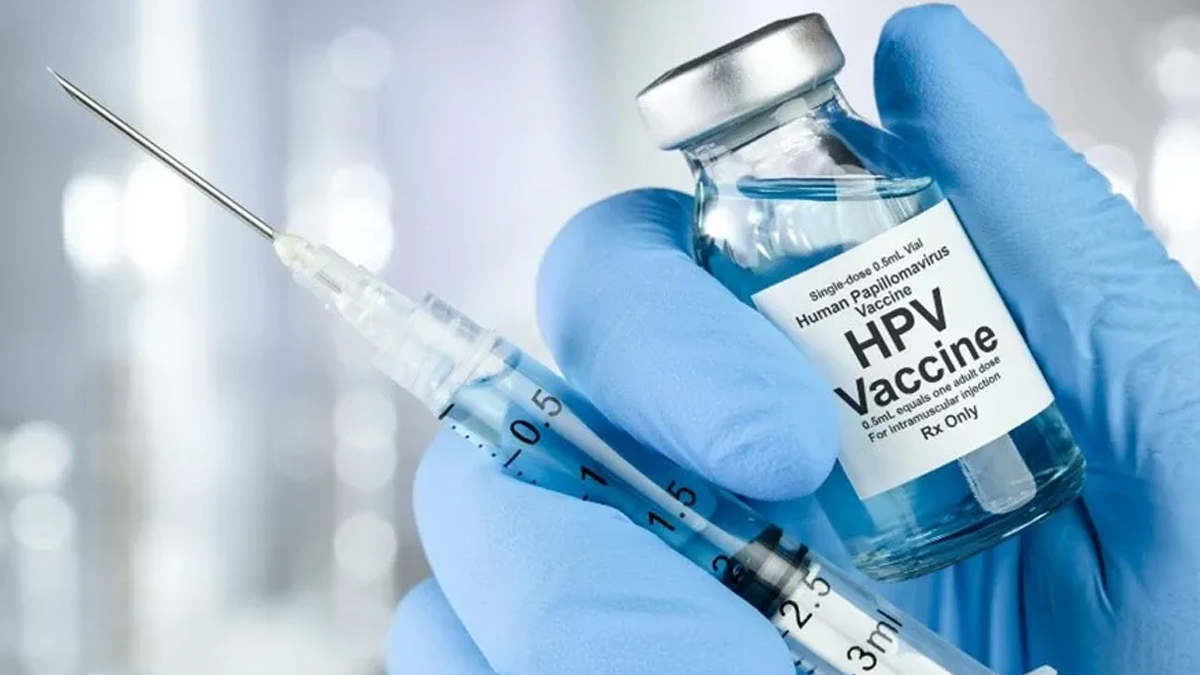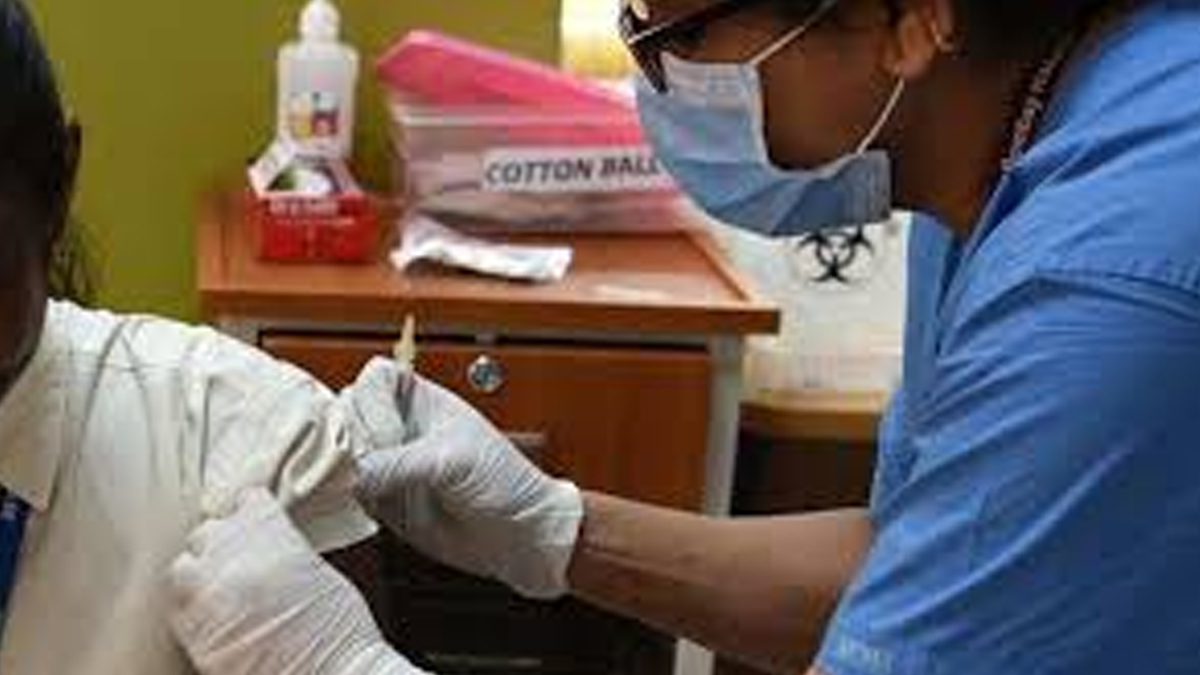
In a significant step towards preventing cervical cancer, Bengaluru has launched a free HPV vaccination drive for adolescent girls from economically weaker sections. This initiative follows Hyderabad’s recent efforts to provide free HPV vaccines and aims to curb the high prevalence of cervical cancer in India.
Table of Content:-
HPV and Its Link to Cervical Cancer
Cervical cancer is the second most common cancer affecting women in India. It is primarily caused by persistent infection with high-risk strains of the Human Papillomavirus (HPV). HPV is a group of more than 200 related viruses, some of which lead to genital warts and various types of cancer, including cervical, anal, and oropharyngeal cancers. Since HPV is a sexually transmitted infection (STI), early vaccination is the most effective way to prevent its associated risks.

The Vaccination Initiative in Bengaluru
Bengaluru’s free HPV vaccination drive is focused on young girls from underprivileged backgrounds. Reports indicate that the first phase of the drive saw 500 adolescent girls receive their first dose on Wednesday. This initiative is a collaboration between Tekion, a cloud-based automotive retail platform, and the Jivika Foundation, a non-profit organization dedicated to healthcare initiatives.
Also Read: Indian Scientists Develop Breakthrough Drug Delivery System For Rheumatoid Arthritis Treatment
Following Hyderabad’s similar campaign, Bengaluru’s initiative underscores the growing awareness and urgency of providing HPV vaccination to prevent cervical cancer in India. Health experts have welcomed this effort, emphasizing that vaccinating young girls can drastically reduce the future burden of the disease.

Why Is the HPV Vaccine Crucial?
According to data from the Indian Council of Medical Research (ICMR), India records approximately 123,000 new cervical cancer cases and 67,500 deaths annually. These staggering numbers highlight the need for proactive measures such as nationwide vaccination campaigns.
Also Read: FDA Greenlights Clinical Trials For Groundbreaking Pig Kidney Transplants In Humans
The HPV vaccine is a proven preventive measure endorsed by the World Health Organization (WHO). When administered before exposure to the virus—ideally between ages 9 to 14—it can effectively prevent infection and, consequently, cervical cancer. Experts stress that vaccination, combined with routine screening and awareness, is essential in the fight against this deadly disease.

Expanding the Reach: Vaccination Phases in Other Cities
The free vaccination drive will be conducted in multiple phases across Bengaluru and Chennai to ensure that more young girls receive protection against HPV. Health authorities and NGOs are working towards expanding these programs across India, targeting regions with high cervical cancer incidence rates.
The Way Forward
The introduction of free HPV vaccination programs in Indian cities marks a critical step towards public health advancement. While the vaccine has been available in private healthcare settings, its high cost has made it inaccessible to many. With initiatives like those in Hyderabad and Bengaluru, economically disadvantaged girls can now receive this life-saving vaccine for free.
Public health experts urge wider implementation and awareness campaigns to educate communities about the importance of HPV vaccination. If more states follow suit, India could witness a significant decline in cervical cancer cases in the coming decades.
Bottomline
Bengaluru’s free HPV vaccination drive is a major milestone in India’s fight against cervical cancer. By prioritizing preventive healthcare for underprivileged girls, the initiative sets a precedent for more cities to adopt similar programs. With continued efforts and public awareness, India can move closer to eliminating cervical cancer as a public health threat.
Also watch this video
Read Next
Think Twice Before Detoxing: Study Warns Juice-Based Detox Diets May Harm Gut And Oral Health
How we keep this article up to date:
We work with experts and keep a close eye on the latest in health and wellness. Whenever there is a new research or helpful information, we update our articles with accurate and useful advice.
Current Version